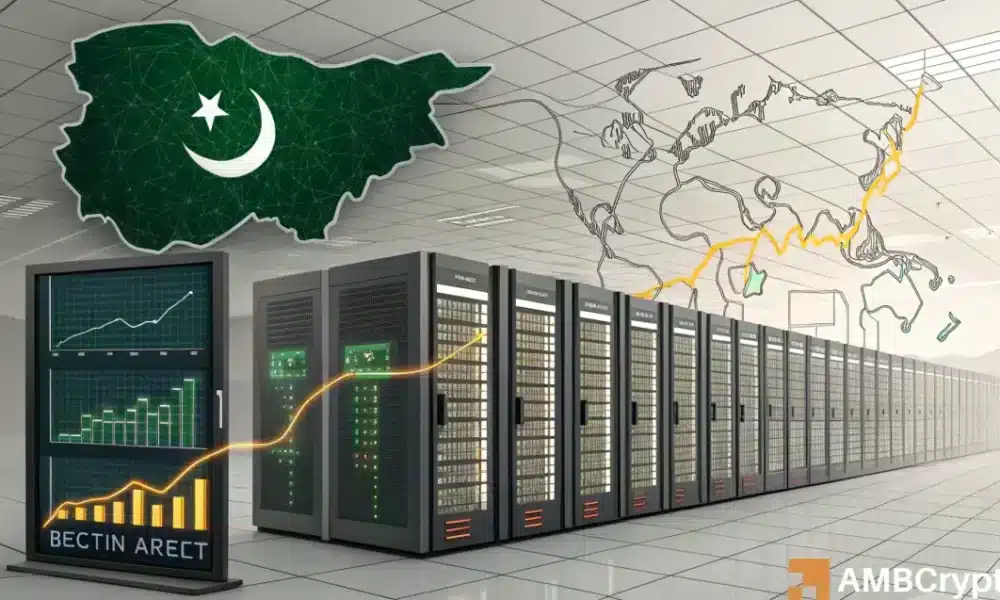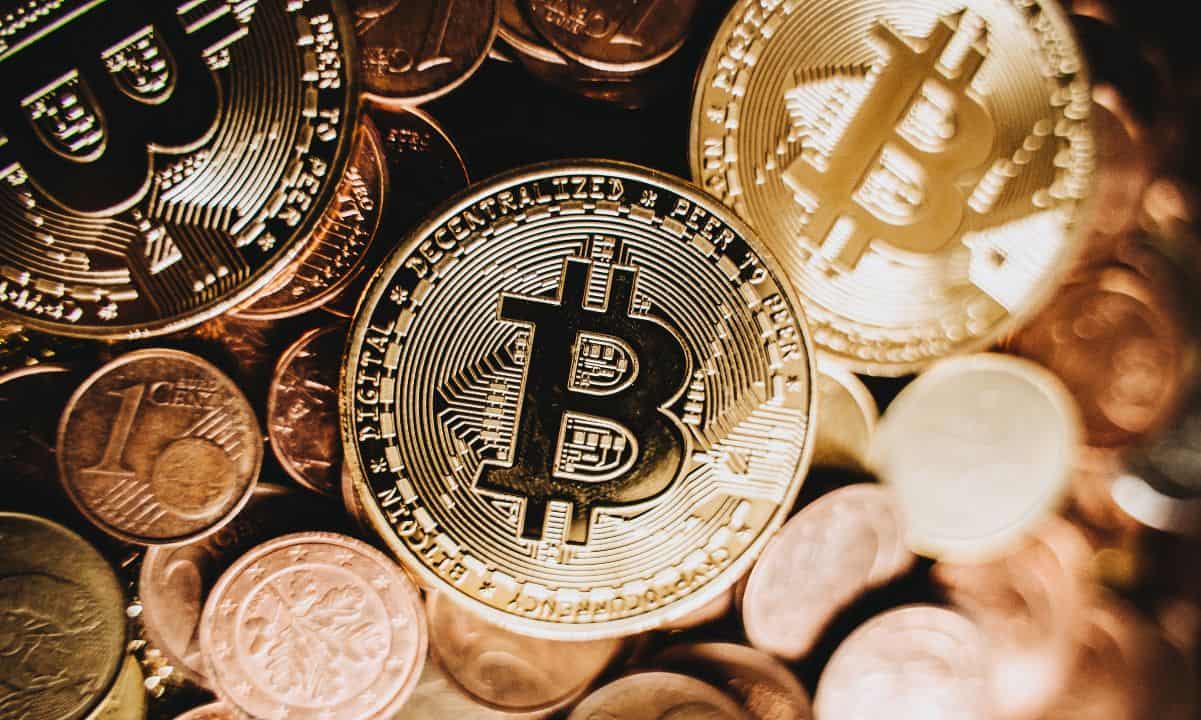Pakistan is taking ambitious steps to transform its energy surplus into valuable digital assets. The country plans to leverage its unused electricity to power Bitcoin mining farms and artificial intelligence (AI) data centers, creating new economic opportunities while addressing ongoing energy challenges.
By offering this energy, the government offers an opportunity to pursue economic gain in emerging technology sectors instead of letting the surplus energy go to waste.
The Pakistan Crypto Council, which was formed to capture the region’s potential in the international cryptocurrency and blockchain industry, is spearheading this initiative. Bilal Bin Saqib, the council’s CEO and adviser to the country’s finance minister, has led negotiations with international mining companies over the best ways to use excess energy to mine Bitcoin and run AI functions.
The government will eliminate waste and gain the economic advantage of surplus energy by pinpointing the locations wherein surplus energy is most readily available. Areas with excess capacity for renewable energy projects, such as solar and wind farms, would make perfect locations for Bitcoin mining farms and AI data centers. The program can transform wasted electricity into high-value assets in the innovation economy, opening new frontiers for local industries and global influencers.
Pakistan leverages renewable overflow to fuel digital ambitions
Pakistan’s energy sector has long struggled with inefficiency and high costs due to an unstable national grid. Yet, despite these hurdles, the country must continuously generate surplus electricity during peak periods—especially when renewable sources like wind and solar produce more power than the grid can absorb.
The lack of adequate infrastructure and energy storage means much of this excess electricity goes to waste.
Adding to this challenge is the growing demand for renewable energy, which, although green and pleasant, creates a volatility of supply.
Wind and solar energy, for example, can vary based on the weather and seasons. This can lead to periods of excess energy generation, followed by shortfalls when these renewable sources aren’t available to meet demand. Over the years, especially on such days when Pakistan is producing more electricity than it can consume, the question remains about how to efficiently utilize the excess power from the electricity grid in its peak times.
This is where Bitcoin mining and AI data centers step in. These sectors are notorious for having high energy needs. Bitcoin mining uses a lot of power to run machines that solve complex algorithms to validate transactions on the blockchain. AI data centers to power machine-learning and deep-learning tech also use a lot of power.
Pakistan aims to convert what was, for a long period, considered waste into an economic asset by placing these energy-intensive operations in energy-surplus areas. This would enable more efficient utilization of the country’s energy resources and satisfy the burgeoning global demand for crypto and AIs, which will drive the future of the global economy.
Using this approach, Pakistan could become a global leader in the digital economy, luring in foreign direct investment and generating employment opportunities domestically. Essentially, Bitcoin mining has shown immense potential for economic growth, particularly when energy is being used efficiently.
Pakistan taps Into AI and crypto to power economic transformation
Artificial intelligence continues to be one of the fastest-growing tech sectors, revolutionizing industries from healthcare to finance and logistics. By supporting AI and cryptocurrency, Pakistan can diversify its economy, curb energy inefficiencies, and pave the way for long-term growth.
With this global momentum, Pakistan is emerging as a rising player in cryptocurrency and blockchain. Despite lacking formal legislation, the country ranks among the world’s top 10 in digital currency adoption.
An endorsement of Pakistani crypto ambitions is Changpeng Zhao, co-founder and ex-CEO of Binance. Joining the Pakistan Crypto Council as a strategic advisor, Zhao’s involvement represents a turning point in Pakistan’s progress towards blockchain technology supremacy. The partnership is symbolic and shows Pakistan means business when it comes to establishing cryptocurrency in the country’s future economic landscape.
His participation is particularly important given his background in cryptocurrency regulations and blockchain technology. He has been instrumental in shaping regulations for digital currencies worldwide, and his guidance can enable Pakistan to create the infrastructure and legal frameworks needed for the cryptocurrency and blockchain sectors to take off.
Zhao’s support also instills confidence among international investors that Pakistan is committed to providing a safe and secure framework for activities related to digital assets and may bring in foreign capital to the nation’s blossoming tech industry.
Cryptopolitan Academy: Tired of market swings? Learn how DeFi can help you build steady passive income. Register Now
















No comments yet